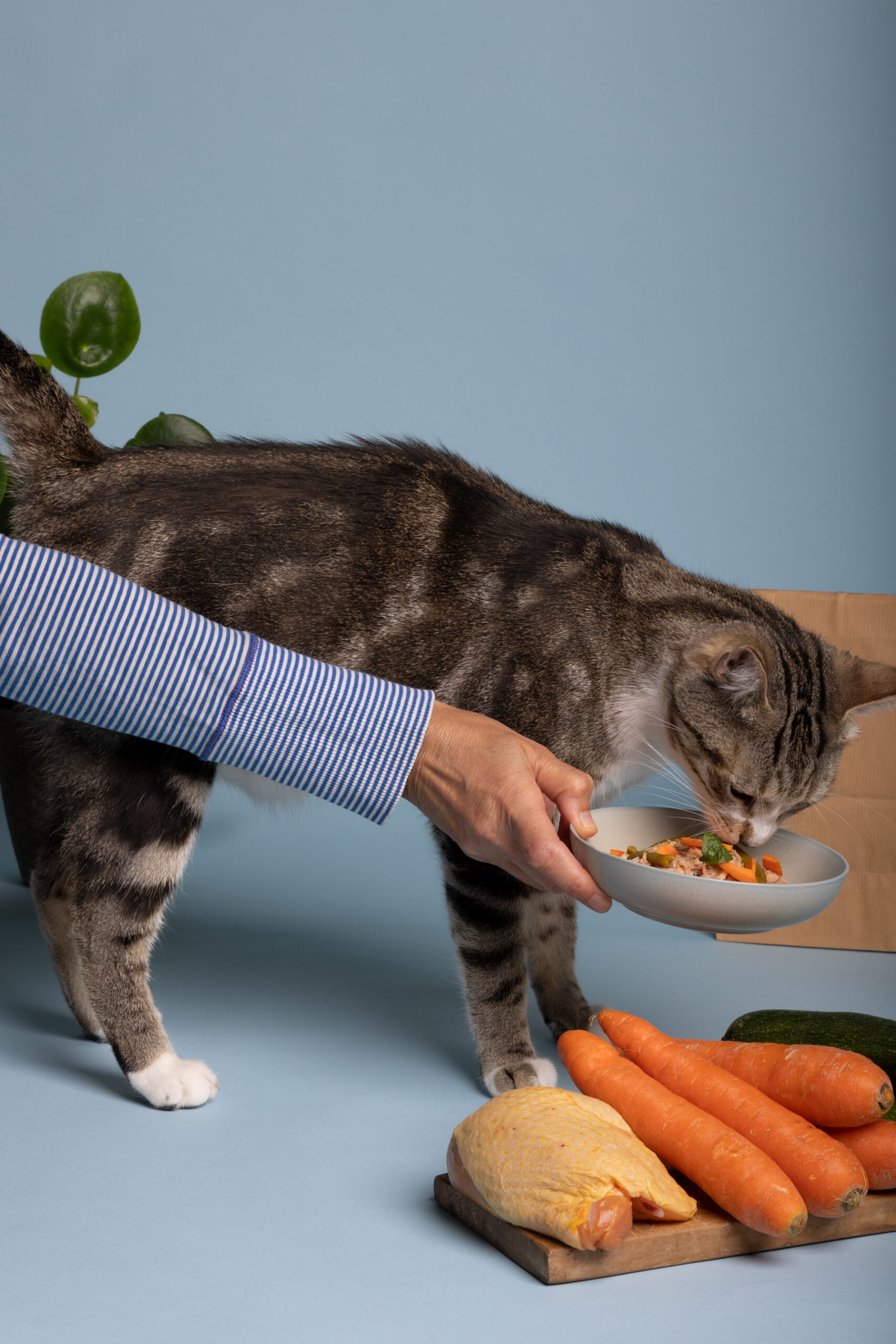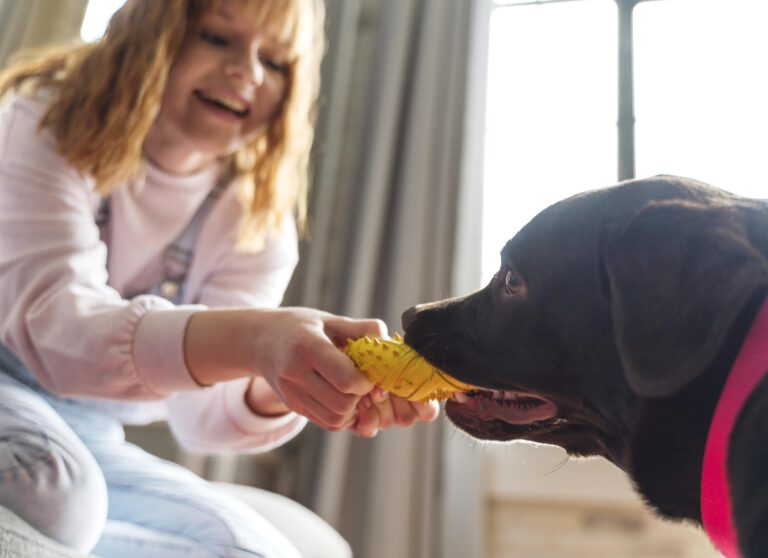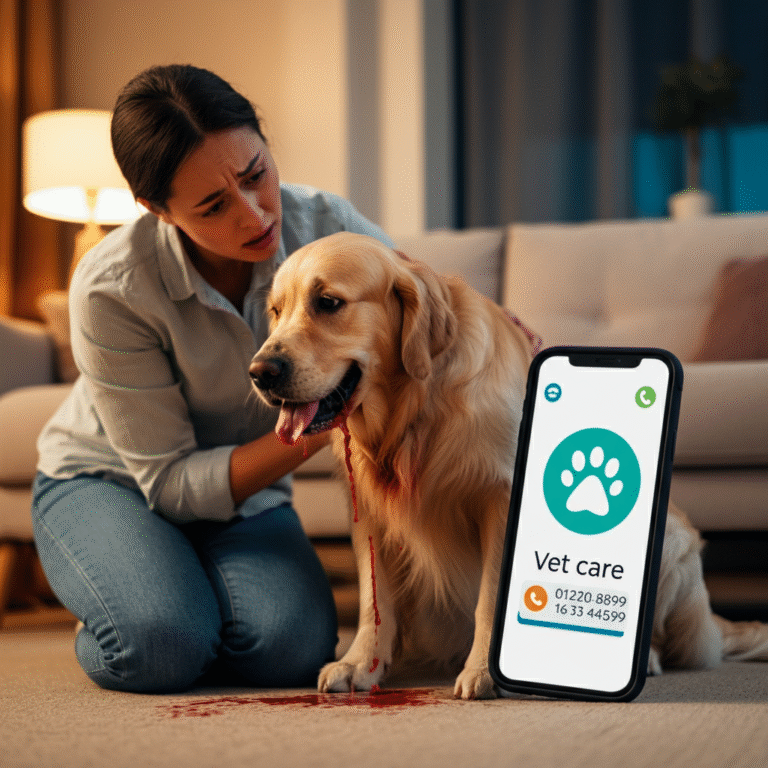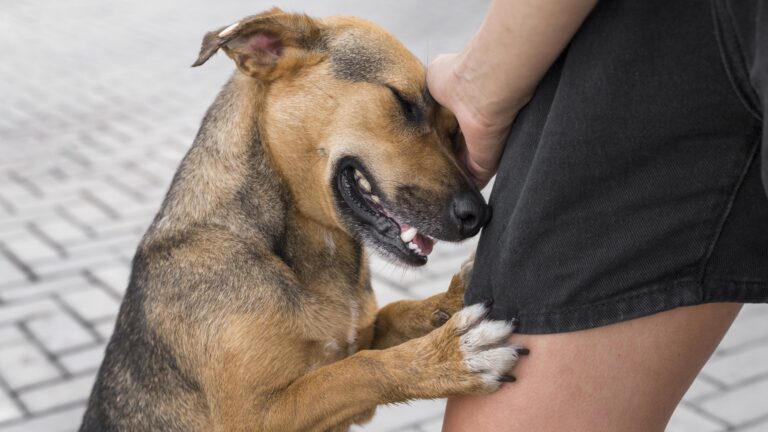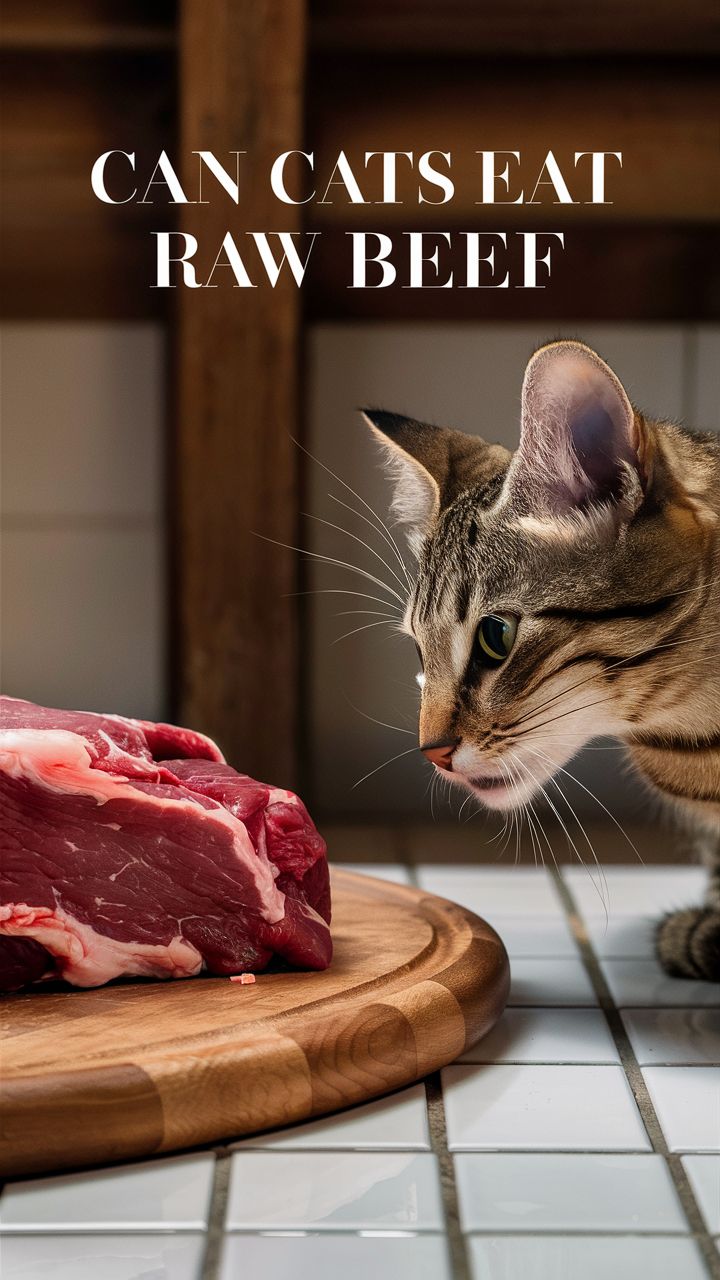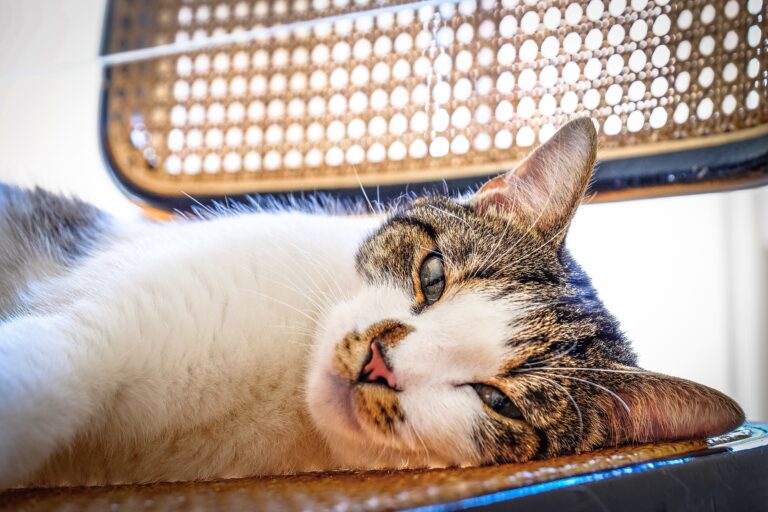Do Cats Eat Chicken? Safe Feeding Guide for Pet Owners
Do cats eat chicken? True carnivores need animal protein to survive, and chicken is a common household meat. We are curious as pet parents about whether or not cats can safely eat chicken. Chicken can be a great source of protein and nutrients for cats, but not all kinds are appropriate.
This detailed guide will explore whether cats are safe to eat chicken. We’ll also discuss the benefits of eating it, possible risks, comparisons between bacon and cat food, as well as answers from experts to questions that cat owners often ask online. You’ll be able to tell when, how and how much you should feed your cat by the end of this guide.
Do cats eat chicken?
Chicken is a popular source of animal protein for cats. Cats are obligate carnivores and thrive on meat. Chicken provides them with essential amino acids and energy for muscle strength, as well as overall health. Chicken is a primary source of protein in many commercial cat food products because it’s highly digestible and nutritious for cats.
Chicken is close to what cats instinctively eat in the wild. Although domestic cats no longer hunt, they still love the taste and texture chicken. While plain chicken cooked in its natural state is safe for cats, it is not suitable for all forms of chicken. Chicken that is heavily processed, fried or seasoned can be harmful to your cat due to the high sodium content, fat or toxic additives such as garlic or onion powder. Chicken should be cooked simply, i.e. boiled, baked or steamed, without seasoning.
While cats enjoy chicken, it shouldn’t replace a balanced and complete cat diet. Chicken does not contain essential vitamins, essential fatty acid, or taurine. Chicken is best used as a high-protein treat or to top off high-quality cat foods. You can provide your cat with the nutrition and enjoyment it needs by serving chicken in moderation.
What Types of Chicken Are Safe for Cats
When we talk about “chicken” for cats , It can be a variety of preparations – raw, boiled or baked, with skin on, or heavily spiced dishes. Not all of them are healthy or safe for cats. plain meat is the best choice. It should be boiled or baked, without adding any spices or oils. Skinless chicken thighs or breasts are especially healthy because they contain high-quality proteins without any unnecessary fat.
The liver and heart are also rich in nutrients. They contain iron, taurine and vitamin A which are all vital to your cat’s health. Moderation is important, especially when it comes to liver. Too much can cause vitamin A toxicity. By feeding your cat chicken in a controlled, balanced way, you can ensure that it gets the benefits of the meat without any risks.
Why chicken can be good for cats
Chicken is a high-protein meat, and is an essential part of a cat’s daily diet. Protein is essential for cats’ energy, strength and vitality. Cats, unlike humans and dogs, cannot thrive on carbohydrates. Their systems are designed to handle animal proteins such as chicken.
Chicken is rich in important nutrients such as niacin and selenium. These nutrients help to regulate metabolism, maintain a healthy immune and bone system. Skinless chicken is a great low-fat option for overweight cats.
Risks of Feeding Chicken to Cats
Chicken is a good source of protein, but it does not come without its risks. Raw chicken is one of the most dangerous foods, as it can contain harmful bacteria like Salmonella and E. coli. Domesticated cats can get sick even though they are better adapted than wild cats to handle raw meat. They can also transmit the pathogens they carry to other household members, posing a serious food safety issue.
The bones of cooked chicken are also a major hazard. Once heated, the bones can become brittle, and splinter, which could be dangerous if they penetrated the mouth, throat or digestive tract. Raw bones can cause choking and intestinal blockage when eaten without supervision. Chicken prepared with sauces or toxic ingredients such as garlic and onions, is also dangerous for cats. These additives may cause stomach upset, poisoning or long-term health complications.
Cooked vs. Raw Chicken for Cats
Cooked chicken is the safest form to give to cats. It should be steamed or boiled without adding any seasonings, oils, or spices. The cooking process eliminates bacteria that can be harmful to your pet, such as Salmonella or E. Cooking meat makes it safer for your pet. The meat is also softer, making it easier for your pet to chew and digest. This is especially important for kittens or senior cats.
Raw chicken is still a favorite among some. Some pet owners think it contains more nutrients and enzymes, similar to what cats would consume in the wild. Raw feeding is not recommended due to the risk of contamination. It also requires careful handling and sourcing. It’s best to consult a veterinarian before feeding your chicken raw. They can design a safe and balanced diet.
How to safely feed chicken to your cat
Simple is the best way to ensure that your cat gets safe chicken. You can bake or boil the chicken without adding any oil, spices, or salt. Remove all bones as they can cause choking, even if small. Cut the chicken into small pieces so that your cat is able to chew it comfortably.
Use chicken as a topping to commercial cat food, rather than replacing it. Chicken alone is not enough to provide a cat with a balanced diet. They also need vitamins and minerals. You can also detect if your cat is experiencing any digestive or allergic issues by introducing chicken slowly.
How much chicken is safe for cats?
Chicken is a treat and not a mainstay. As a general rule, treats like chicken should not exceed 10% of the daily caloric intake of your cat. This will keep their diet balanced, and help prevent nutrient deficiency.
Two to three small pieces of plain, cooked chicken are enough for most adult cats. If you feed chicken every day, it may upset their nutritional balance unless the diet is homemade and approved by a veterinarian. Remember: Chicken is not a substitute for quality cat food. It’s a supplement.
Chicken Parts: Good and Bad?
The skinless, lean breast or thigh is the best part to use for your cat. These cuts contain a lot of protein and are low in fat. It is acceptable to feed dark meat, but it tends be fattier and should therefore be fed less frequently.
Avoid chicken skin and bones. Skin is high in fat and can cause obesity and digestive problems. Raw bones are still dangerous, even though they’re slightly less risky than cooked bones. Organs such as liver and heart contain nutrients but are only to be used occasionally.
What is better for cats: Chicken or bacon?
Comparing the two, bacon is much more dangerous than chicken. Chicken is a lean source of protein that contains fewer additives. Bacon, on the other hand, contains salt, fat and preservatives which can be harmful to a cat.
The keyword can cats eat bacon will be important because, unlike chicken, bacon is a human food indulgence that cats should only be given rarely, if at all. When cooked correctly, chicken can be a healthy option.
Cats with Chicken Allergy and Intolerance: Common Signs
Some cats can develop chicken allergies, although this is rare. Itchy skin, excessive rubbing, hair loss and chronic ear infections are all signs of allergies.
Consult your veterinarian if you suspect that your cat is allergic to chicken. It may be necessary for you to perform a food elimination test in order to determine whether the problem is chicken or another protein.
FAQS
Can cats eat chicken cooked every day?
Not recommended. Although cooked chicken is fine for cats, consuming it regularly can cause nutritional imbalances as it does not provide all the essential nutrients. This is best enjoyed as a treat along with a regular cat food diet.
Can cats eat raw meat?
Raw chicken is a risky food, as it can contain bacteria such as Salmonella and E. coli. While some pet parents prefer to feed their pets raw chicken, most veterinarians recommend cooking it in order to prevent serious health problems.
Can kittens eat meat?
You can, but in small quantities. To avoid choking hazards, kittens should only be fed chicken that is plain, cooked and finely shred. It should not replace the kitten food.
Can cats consume chicken bones?
Chicken bones are not safe. Raw bones are still a danger and should only ever be consumed under veterinary supervision. Cooked chicken bones can cause internal injuries or choking.
Is chicken skin safe for cats?
Not at all. The fat in chicken skin can cause cats to have stomach upsets, obesity or pancreatitis. Remove the skin from chicken before serving it to your cat.
What parts of chicken is the healthiest to feed cats?
The best choice is to buy skinless chicken breasts and thighs. These cuts are high quality, lean protein that do not contain the extra fat of dark or skinned cuts.
Can chicken be substituted for cat food?
No. Chicken does not provide all the nutrients that cats require, including taurine, vitamins and minerals. Chicken should only be used as a complement to balanced cat food, and not as a substitute.
Can cats eat chicken seasoned with seasoning?
No. Garlic, onions and excessive salt can be toxic to cats, causing digestive problems or poisoning. Serve only plain, unseasoned poultry.
How many times can cats safely consume chicken?
The majority of cats are able to safely consume small amounts plain, cooked poultry two or three times per week. If you feed your cat too much chicken, it can lead to nutrient deficiency.
Can chicken help cats lose weight?
Lean chicken is a good option for cats who are overweight, since it contains a lot of protein and has fewer carbs. Your veterinarian should guide you on any weight-management diet.
The conclusion of the article is:
Do cats eat chicken ? Yes, but only under certain conditions. When cooked without bones and in moderate amounts, chicken can be a healthy, protein-rich snack for your cat. Chicken is healthier than bacon, which has more health risks.
Remember that chicken is not a substitute for a healthy cat’s diet. Treat it as a supplement to add variety and nutrition into your cat’s diet. Consult your veterinarian before making any significant changes to the diet of your pet.
